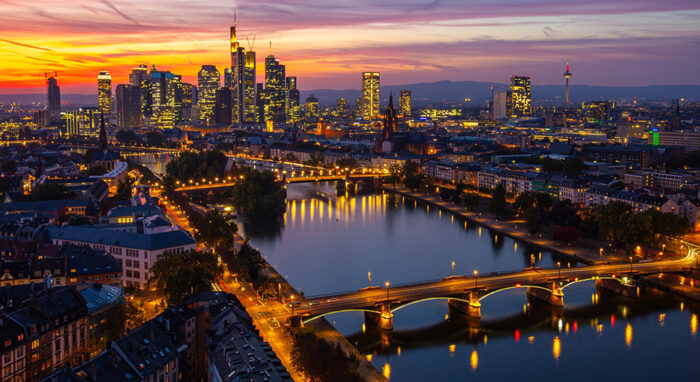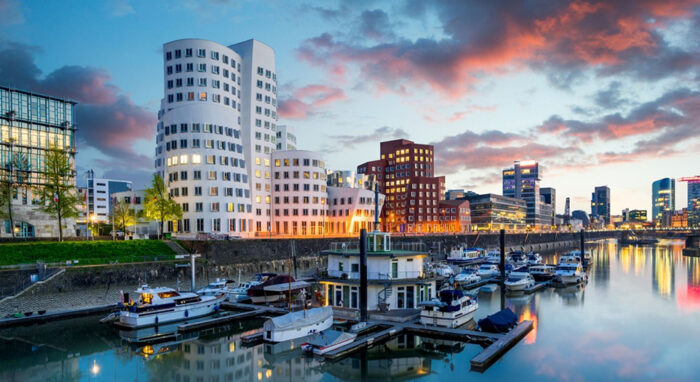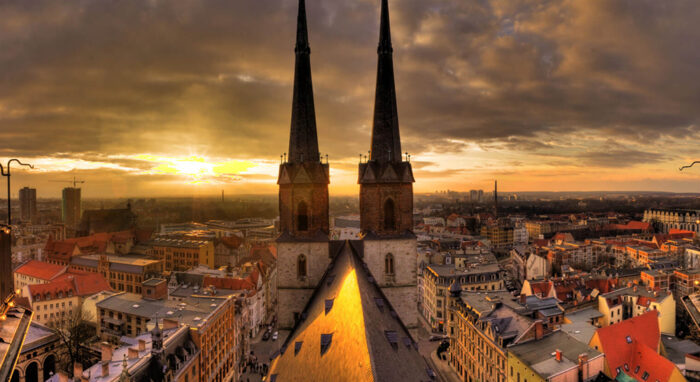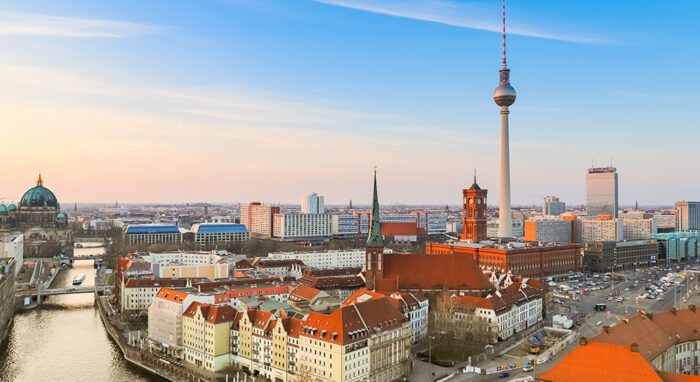Join us in exploring Germany at the regional level
New Chancellor Olaf Scholz has plans to turn Europe’s largest economy into one that is future-ready and fit for investments for a green, digital future. This economic transformation aims to double down on current strengths while unlocking potential in dynamic, emerging industries.

“We will launch a decade of investment in the future”
Olaf Scholz, Chancellor of Germany
After 16 years under the stewardship of Angela Merkel, the German economy now looks to the coalition government, led by Olaf Scholz, to define its future. Germany’s economy ranked among the best performers in the most recent Global Competitiveness indices for its economic resiliency amidst the Covid-19 pandemic. So too, its business ecosystem is among the most competitive for stimulating investment and growth in green and digital innovations. While investor sentiment was at near all-time highs before the pandemic, the Bundesbank sees economic recovery driven by rebounding consumption patterns and the easing of supply chain constraints.
While issues, such as semiconductor shortages, may particularly affect the automotive industry, promises of investment and increased capacity output pits GDP growth at a projected 4,1% in 2022. Energy price concerns, supply-side bottlenecks and inflation may affect the recovery, but a return to pre-pandemic output levels should be a welcome return for investors. Germany has shouldered a leading role in the green-tech and clean-tech revolution and the new government will continue to stimulate investment and innovation in this critical space as it guides Europe to its net zero future.
In the spotllight
Hessen
Located at the heart of Europe and in the centre of Germany, the State of Hessen is home to over 13,000 international businesses. It has successfully positioned itself as a driving force in Germany’s
10 January, 2022North Rhine-Westphalia
North Rhine-Westphalia is the most populous of the 16 German federal states. It is one of the most economic regions in the country and a preferred option for foreign investors establishing themselves
20 September, 2021Saxony-Anhalt
Saxony-Anhalt is continuously valued by foreign investors as a top destination with evolving opportunities and a strong support system from investor authorities. Its technology-oriented economy is one
17 September, 2021Berlin
Stay tuned to see why Germany's capital and largest city is also the fastest growing foreign startup hub in the world, with more than 3000 new, innovative companies being founded in the last two years
16 September, 2021




